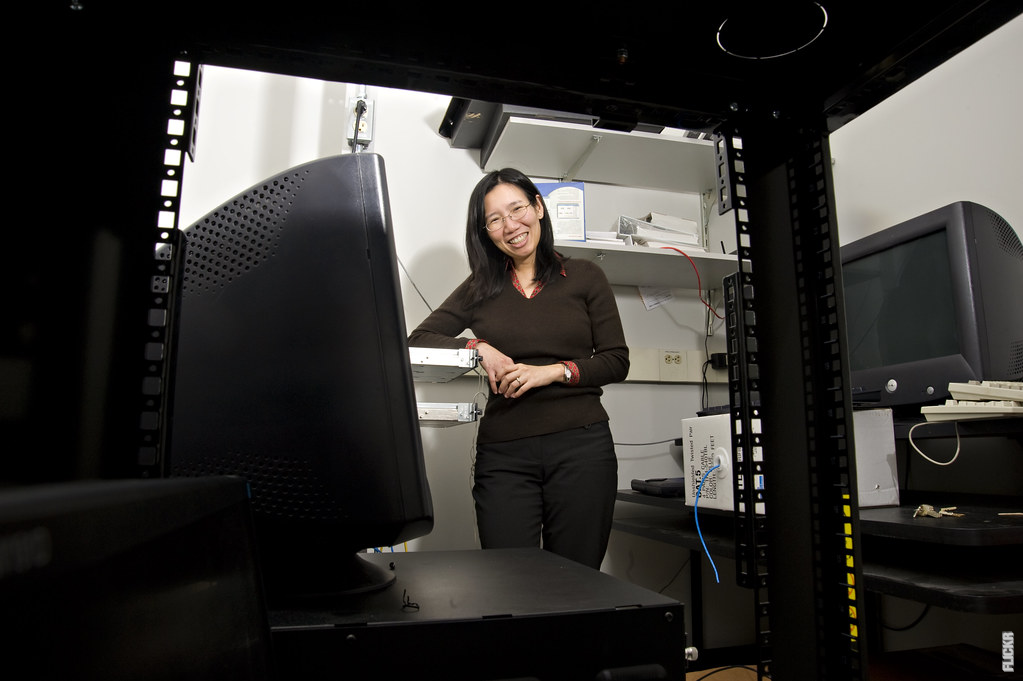The Art of Uncovering Deception: The Science Behind Lie Detection
In a world where deception can be both subtle and complex, the need for reliable lie detection technology has never been greater. Enter the cutting-edge device that has revolutionized the way we uncover the truth – the lie detection device. With its ability to decipher the intricate web of deception, this remarkable machine has become an invaluable tool in various fields, ranging from crime investigation to employment screening.
The Basis of Truth: Psychophysiological Responses
At the heart of every lie detection device lies the fundamental principle of psychophysiological responses. The device works by measuring and analyzing a person’s physiological and behavioral changes, which are believed to occur when they lie.
The Polygraph: The Pioneer of Lie Detection
The polygraph, one of the most well-known lie detection devices, paved the way for the development of modern lie detection technologies. This instrument monitors several physiological indicators simultaneously, including blood pressure, heart rate, respiration, and skin conductivity. By examining these variables, a polygraph examiner can identify patterns and anomalies that may indicate deception.
Advancements in Technology: Beyond the Polygraph
While the polygraph remains a widely used lie detection tool, advancements in technology have brought forth new and more sophisticated devices. One such innovation is the Functional Magnetic Resonance Imaging (fMRI) lie detection, which uses brain imaging to detect deception. By analyzing brain activity, fMRI can identify patterns associated with lying, offering a glimpse into the intricate workings of the human mind.
The Future of Lie Detection: AI and Machine Learning
As the field of lie detection continues to evolve, artificial intelligence (AI) and machine learning have emerged as promising tools. These technologies have the potential to revolutionize the way we detect deception by analyzing vast amounts of data and identifying subtle patterns that may elude human observers. By combining AI with existing lie detection devices, we may soon witness a new era of unparalleled accuracy and efficiency.
Post
Post
The Ethical Dilemma: Balancing Accuracy and Privacy
While lie detection devices offer unparalleled insights into the human psyche, they also raise ethical concerns regarding privacy and reliability. Striking a balance between accuracy and privacy remains a challenge, as the development of more advanced lie detection technologies calls for a careful examination of legal and ethical implications.
Unmasking Deception: The Quest for Truth
In a world where deceit hides behind every corner, the quest for truth has never been more important. As lie detection devices continue to evolve, we inch closer to unraveling the mysteries of deception. By harnessing the power of technology and science, we may one day conquer the art of uncovering lies and bring forth a new era of transparency and trust.



